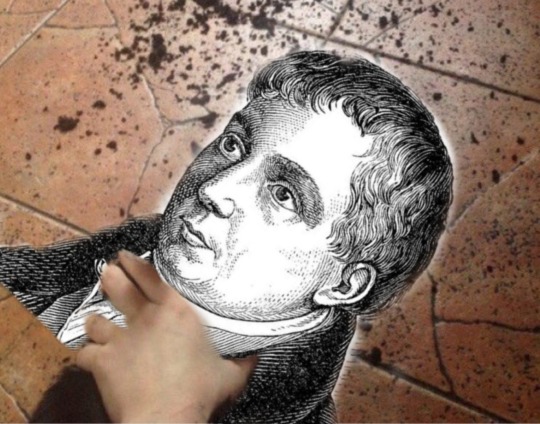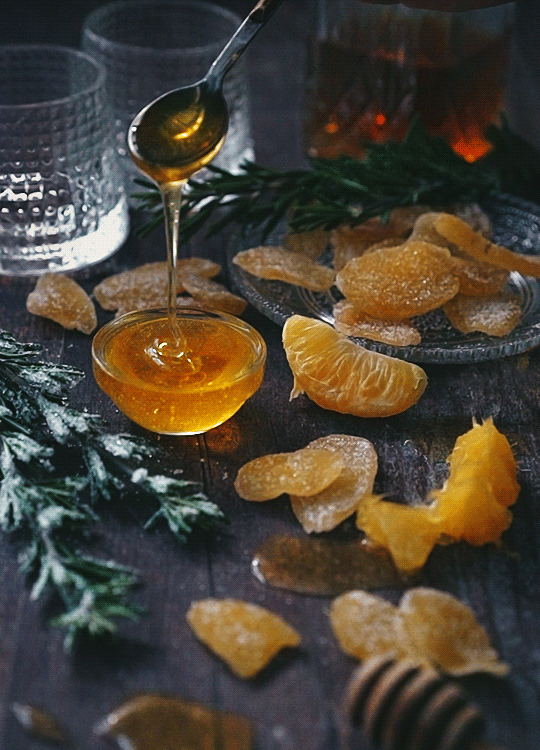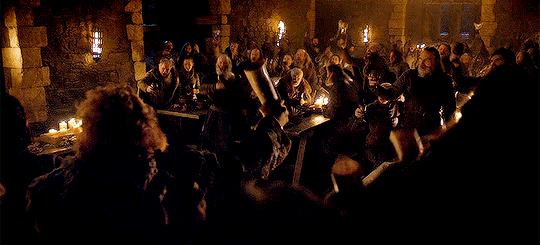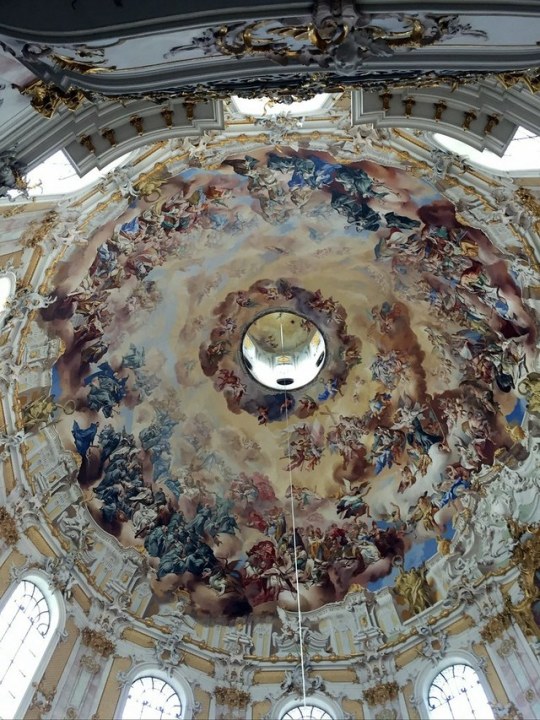Text
Everyone look at their faces ... they put in 220 years of planing to completely ruin the experience of being on any social media site today

YOU!


126 notes
·
View notes
Text
"For this business, Friedrich Schlegel and Novalis coined the term 'Romanticising'. Every aspect of life should be filled with poetic significance"

YOU!


126 notes
·
View notes
Text

YOU!


#friedrich schlegel#novalis#georg philipp friedrich von hardenberg#literature#german history#18th century
126 notes
·
View notes
Text
pride and prejudice is a comedy because mr darcy thinks the tension comes from ust and meanwhile lizzie just genuinely hates his guts
24K notes
·
View notes
Text
Just a reminder that Vincent van Gogh did not eat yellow paint to make himself feel happy, he ate paint, and drank different chemicals because he was suicidal and this is why he was not allowed in his studio while having breakdowns. He also did not paint starry night and his other great works because he was depressed, he painted most of them while he was in recovery and demonstrated his hopefulness and love of the world through this. Most of his great works were painted from his room at a hospital. Van Gogh’s depression should not be glorified. His hope and effort toward a better life, as well as his recovery from depression should be glorified.
277K notes
·
View notes
Text
Fantasy Guide to Feasts, Food and Drink

Picture yourself at a banquet held at the local Lord’s castle. The music is playing, the people are chatting and rustling about in their best clothes. You sit at a table and what sits before you? Not chicken nuggets, my friend.
Food is always one of the staples of any world you build. You can get a feel of class, society and morality just by looking at the spread before you on the table.
Food for lower classes (Peasants)
Most peasants lived off the land, rearing flocks, tilling fields and tending orchards. If they lived near the sea, lakes, rivers or streams, they would fish. But since they lived on land owned by churches or lords, they would only be allowed a portion of what they grew. In cities, the peasants would buy food from one another at the market.

Peasants would make bread out of rye grain, that would make the bread very dark. In some communities they would make sourdough, which involves using a piece of dough you made the day before to make that day’s bread.
Eggs were a source of food that was easy to come by as farmers kept chickens on hand.
Cheese and butter would be sold and used in the farm.
Jam would also be made as it was easy to preserve and sell.
Peasants would not eat much meat. Chickens made money by laying eggs, pigs could be fattened and sold for profit and cows and goats would be used for milk. By killing any of these animals for food they would loose a portion of money. Poaching (hunting on private land owned by the lord) would come with severe penalties.
Pottage and stew were a favourite of peasants as they could throw any vegetables or bit of meat or fish in a pot to cook for a few hours. It wasn’t a difficult dish to make and often inexpensive.
Pies, pasties and pastries would be a favourite at inns and taverns in towns and cities most containing gravy, meat and vegetables.
With most villages and farms set close to forests, many peasants could find berries at the edge of fields. Blueberries, blackberries, raspberries would have all grown wild.
Food for Nobility & Royalty

Nobility and Royalty could always afford better food than the poor. However it might be a patch more unhealthy than the poor’s fare. Nobility and Royalty weren’t fans of vegetables.
The rich would eat a lot of meat, much of which they would hunt down themselves on their own land. Deer, wild boar, rabbits, turkey and other wild creatures would all be on the table.
Nobility and Royalty would be fond of fish as well. Lamprey eels was a delicacy only preserved for special occasions.
They could afford salt which was important for preserving meat and fish. This would allow the castle/manor/palace to be stocked in times of winter or famine.
They could also afford pepper and other spices, all of which could cost a fortune, to flavour their food.
During a feast, they would eat off of platters made of precious metals but only if you were seated at the high table. Other less important guests would eat off a trencher, a piece of hollowed out stale bread.
Sugar would be the height of dessert. The sugar would be shaped into fantastical formations to impress the noble guests. Tudor chefs would create edible sugar plates for Henry VIII to eat off of.
Swans and peacocks would be served in their plumage. Swans would be more royal diners as in England the monarch owns all the swans. In Ireland, it is illegal to kill a swan mainly because they could be children trapped in swan-bodies. Long story.
Feasts

At certain events, the noble/monarch might throw a party. Most parties would begin with a dinner.
The high table would seat the family throwing the party and the honoured guests. All the food would come to them first to be distributed to their favourites. They would drink the best wine and have the finest bread.
The rest of the hall would be seated together at trestle tables, eating off trenchers. They would be sent food by the thrower of the feast on account of their personal importance or social standing. The closer you were to the salt cellar, placed at the head of the table the more important you were. The further away you were, the lower your status.
Servants called cupbearers would serve wine and drink and move about the hall to carry jugs of wine to water the guests.
Dogs would often be found in the hall, to be fed scraps by the diners.
Drink

No world or party is complete without the booze. Since much of the water in Mediaeval times was putrid or dirty, the classes would avoid it.
Beer: was both a favourite of peasants and the nobility. It would be brewed in castles or in taverns and inns, each site having a different recipe and taste. It would be stored in barrels. Beer was widely available across the world and could be brewed at home. So therefore it was inexpensive.
The two main types of beer would be:
Ale: Ale in the middle ages referred to beer brewed without hops (a kind of flowering plant that gives beer its bitter taste). It is sweeter and would typically have a fruity aftertaste.
Stout: is a darker beer sometimes brewed from roasted malt, coming in a sweet version and dry version, the most famous stout being Guinness.
Wine: Wine would be made on site of vineyards and stored in cellars of large houses or castles. They would be expensive as they would have to be imported from regions capable of growing vines.
Port: Port wine or fortified wine would be made with distilled grape spirits. It is a sweet red wine, and also would be expensive to import from the counties able to grow the correct vines.
Whiskey: is a spirit made from distilled fermented grain mash in a device called a still (which would always be made of copper). The age of whiskey is determined by the length of time it has been sitting in a cask from the time it is made to the time its put in bottles. Whiskey was a favourite drink in colder climates and could be made any where in the world.
Rum: Rum is made by fermenting and distilling sugarcane molasses/juice. It is aged in oak barrels and would have to be imported as it could only be made in lands able to grow sugarcane.
Poitín: (pronounced as pot-cheen) is made from cereals, grain, whey, sugar beet, molasses and potatoes. It is a Dangerous Drink (honestly i still don’t know how I ended up in that field with a traffic cone and a Shetland pony) and technically illegal. Country folk in Ireland used to brew it in secrets in stills hidden on their land.
9K notes
·
View notes
Photo

Zeitsprung: Alexander von Humboldt – Bugtales.FM Crossover
Wir beschäftigen uns in dieser Folge mit dem Leben des Alexander von Humboldt. Es geht um zwei Lebensabschnitte des berühmten Naturforschers: Zuerst springen wir nach Südamerika und begleiten ihn auf eine seiner Forschungsreisen, dann nach Berlin, wo er in seinen späteren Jahren als wohl einer der ersten großen Wissenschaftskommunikatoren gewirkt hat.
Mal wieder was leicht fachfremdes*: einer meiner Lieblingspodcasts (Zeitsprung) hat in einem Crossover mit dem Podcast Bugtales eine Folge über Alexander von Humboldt gemacht und sie ist ganz hypergroßartig geworden. Hört sie euch an! ♥
Folge/mp3 auf zeitsprung.fm | Spotify
“Also mein Takeaway bei Alexander von Humboldt ist, dass er eigentlich eine richtig coole Socke war, oder?“
*als kleines Easteregg kommen tatsächlich aber auch (Beziehungsprobleme von) Fritz und Wolferl vor :’)
32 notes
·
View notes
Text
“Aber wie komisch sah mein Schiller aus! Eingepresst in dieser Uniform, damals noch nach dem alten preußischen Schnitt, und vorzüglich bei den Regimentsfeldscherern steif und abgeschmackt! An jeder Seite hatte er drei steife vergipste Rollen; der kleine militärische Hut bedeckte kaum den Kopfwirbel, in dessen Gegend ein dicker, langer, falscher Zopf gepflanzt war; der lange Hals war von einer sehr schmalen, roßhärenen Binde eingewürgt; das Fußwerk vorzüglich war merkwürdig: durch den an weißen Gamaschen unterlegten Filz waren seine Beine wie zwei Zylinder von einem größeren Diameter als die in knappe Hosen eingepreßten Schenkel. In diesen Gamaschen, die ohnehin mit Schuhwichse sehr befleckt waren, bewegte er sich, ohne die Knie recht biegen zu können, wie ein Storch.”
— Georf Friedrich Scharffenstein, ca. 1780-1782, während Schillers Zeit als Regimentsarzt in Stuttgart, kurz nach dem Abschluss der Karlsschule
11 notes
·
View notes
Text
Rousseau was never really rich and was actually quite poor and often on the run. He gave his children away to orphanages because he knew he couldn't provide for them and because at the moment his (not yet) wife was the one bringing in the money and it barely was enough for the two of them. He had times in his life's in which he was richer e.g. while in England but again never really rich just enough to rent a place to live. He also very much critized the injustice and inequality between the different groups of people (for example poor and rich people) and his philosophy is actually seen as the one that coined euopean socialism with quotes like "The first man who, having fenced in a piece of land, said "This is mine," and found people naïve enough to believe him, that man was the true founder of the bourgeois society" and of course the famous quote "When the people shall have nothing more to eat, they will eat the rich"
And the quote was actually "Money can buy material things, but real happiness must be truly earned" so please if you do get a time machine use it to kick someone's ass who truly deserved it.
Remember kids, the person who coined “Money can’t buy happiness” was a rich philosopher named Jean-Jacques Rousseau. So don’t listen to this bitch. Money can buy happiness because money can buy food. This is why if I ever get a time machine I will travel back in time to 1750 and beat his ass.
91 notes
·
View notes
Text
“Goethe ist wieder da. Kaum eine Viertelstunde nach seiner Ankunft sah ich Schiller zu ihm gehn. Der hat’s auch nicht länger abwarten können.”
— Heinrich Voß an Friederike Griesbach, 07.07.1804 (via schoethe)
524 notes
·
View notes
Text
“Bald habe ich das Vergnügen Sie wieder zu umarmen und über hundert Dinge Ihre Gedanken zu erfragen.”
— Goethe an Schiller, 10.11.1797
(via schoethe)
155 notes
·
View notes
Text
“Ich habe Sie seit Ihrer Abreise jeden Abend vermisst; man gewöhnt sich so gern an das Gute.”
— Schiller an Goethe, 04.05.1795, #62 (via schoethe)
128 notes
·
View notes
Text
I love images of late Victorian/Edwardian period men taking goofy pictures with their bros........boys night circa 1898
136K notes
·
View notes
Text
my favourite artstyle is lesbians in old italy
258K notes
·
View notes
Note
Do you know how the voices of the founding fathers sounded?
I cannot find anything on Benjamin Franklin’s voice.
George Washington would probably have spoken an upper class English. Virginian’s speech at the time was a soft, slow, melodious drawl that came not from the nose but the throat.Virginians tended to add syllables where New Englanders subtracted them.Consonants were also softened and prolonged. Washington suffered from pleurisy (a viral infection with causes an inflammation in the lining of the lungs) as a child, and because of this he spoke high, weak, breathy voice- according to Stephen Yoch a Washington biographer. Contemporaries describe his voice as soft spoken. Listen to Ian Kahn’s voice when he acts George Washington in Turn AMC- very breathy. George Washington never spoke publicly for more than ten minutes because his false teeth required him to keep his jaws clenched. He was a poor speaker and could become utterly inarticulate without a prepared text. Still, when he did speak, he was candid, direct, and looked people squarely in the eye.
New Englanders tended to subtract vowels and they had a harsh, rapid, rasping, metallic whine. I’d say Paul Giamatti got got John Adams’s accent pretty spot on in HBO John Adams.
Thomas Jefferson’s accent was rooted in the colonial-era British accent, with a Scottish thrown in, spoken with the space between the nose and the hard palate. Thomas Jefferson’s mother was London born, and his tutor was Scottish; apparently Jefferson always spoke lip of Scottish while his French was heavy coated in a Scottish accent, because a Scotsman taught him the language. Jefferson was self-conscious about his voice and terrified of public speaking. His voice: contemporary accounts described as weak and high-pitched. He tended to mumble softly out of earshot of much of his audience when speaking before large crowds. James Madison was shy and reserved with strangers and never learned the politically useful art of small talk and had a shy, quiet and weak voice.
James Monroe at least partially overcame an early shyness but remained markedly low-key and reserved but never had a trouble with public speaking. His voice was more firm and though not fond of large social events, he was a good public speaker. From his paternal side he is Scottish- dip of Scottish in his Virginian accent.
506 notes
·
View notes
Photo



Ettal Abbey, Germany (by Matthias Finkenwirth)
3K notes
·
View notes

